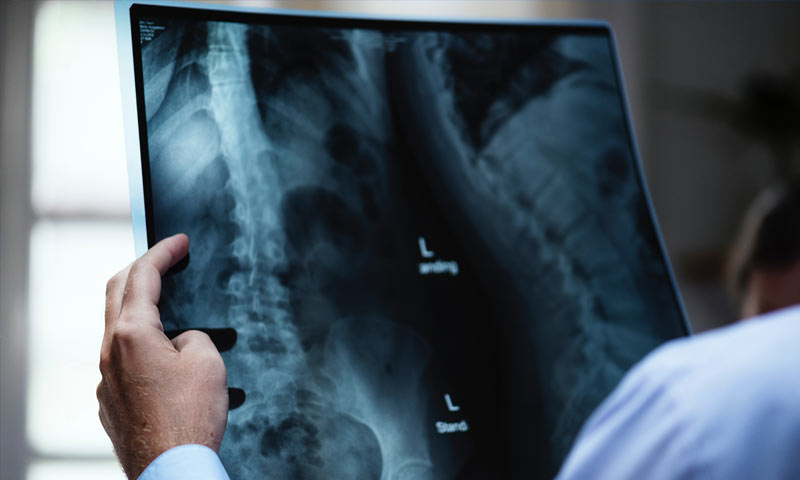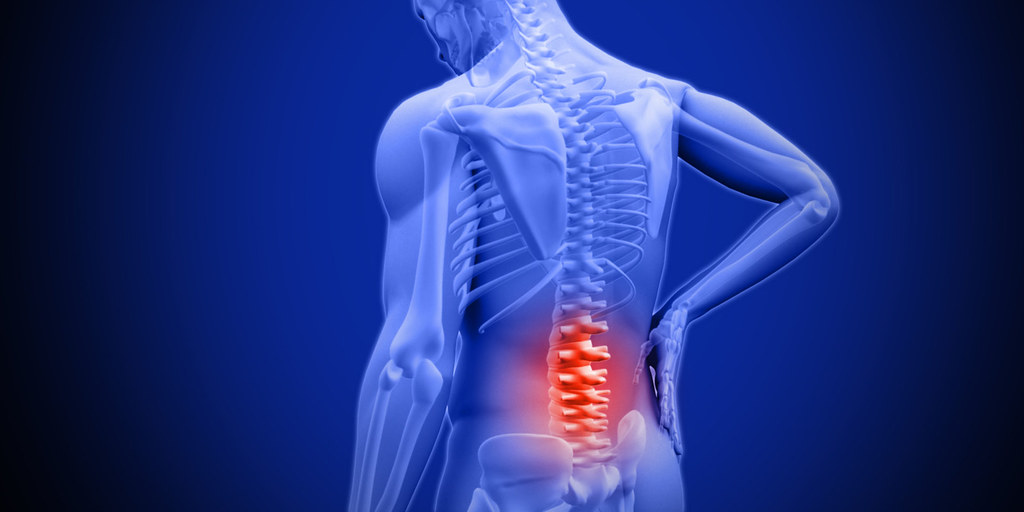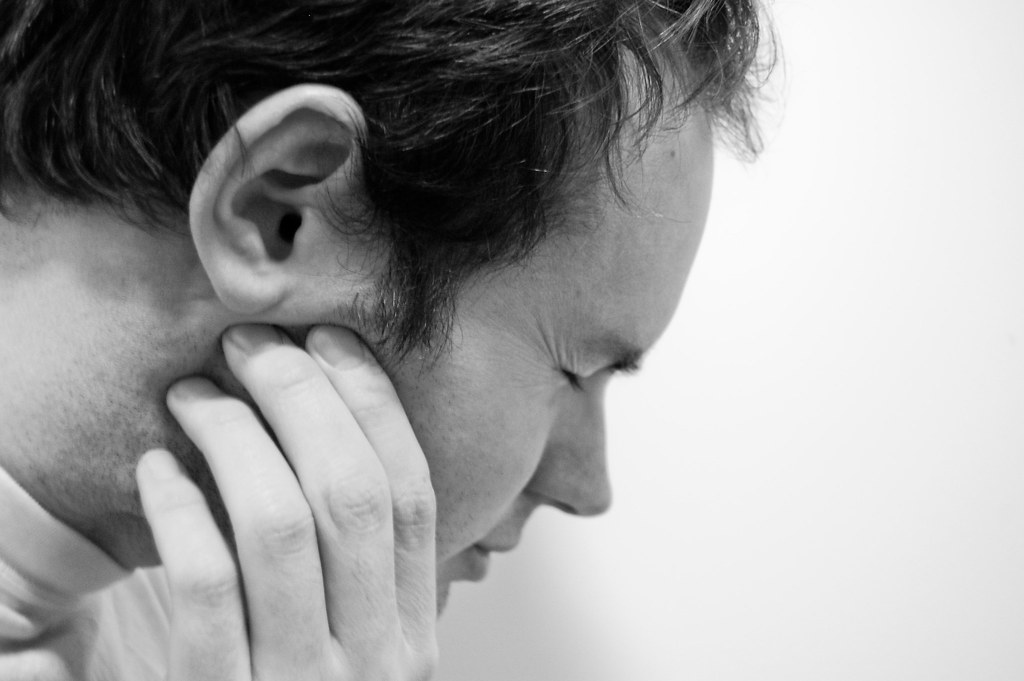We aim to help your whole body take care of itself as well as possible. This is achieved with a holistic approach through chiropractic care. Many of those components are revealed through an in-depth exam followed by outlining a chiropractic treatment plan. We believe if you don’t identify the layers of a problem it may take much longer to help and get worse results. We want to check everything to make sure the problems you have aren’t being exaggerated by additional issues. Likewise, to keep true wellness we want to review all systems and make sure things are good, not just symptom free.
The plan we outline may also include recommendations on stretches, vitamins, lifestyle changes and whatever is relevant. We have found over the years that some people want to be taught what will help through this coaching approach. In some cases, people want more one on one and we will help facilitate that as well.
Let us know how we can help you.
Sciatica

What is sciatica?
Sciatica is the irritation of the sciatic nerve, which travels from the low back all the way down to your toes.
The sciatic nerve is the largest nerve in the body and therefore has a number of potential places it can be irritated. Because the nerve is so far reaching, it has many points it can affect as well.
The pain you experience can be in the spine, past the hip, down into the buttocks, through the thigh and even down to the toes. People who suffer from sciatica sometimes find it difficult to sit, sleep and sometimes walk due to the pain these daily activities cause.
Pinched Nerves

What is a pinched nerve?
A pinched nerve can more correctly be described as a compressed nerve. Any amount of pressure on a nerve can trigger an exaggerated response, including... burning, tingling, throbbing, pain, numbness... the list goes on and on.
Chiropractic can help! Chiropractic is all about helping nerves function the way they are supposed to. Some people are mistakenly led to believe there is little you can do to help a pinched nerve. In order to make a correct diagnosis, we need to examine your situation very carefully; but a pinched nerves are a complaint we work with daily. As with anything in health care, there are limitations to the body's healing process.
Neck Pain

Why is my neck hurting me?!
If you are experiencing neck pain, you know all too well what is feels like to have limited range of motion and function in your neck. Neck pain can lead to severe headaches as well as middle back pain. When someone is experiencing neck pain, they often have a lot of muscle tension. Because you are in pain, your brain is trying to "guard" that area of your body, hence your muscles tighten which limits your range of motion.
Low Back Pain

What causes low back pain?
Low back pain can be caused by different forms of inflammation similar to arthritis, disc problems, muscle problems and ligament problems. When it comes to pain, there is always an underlying cause. Low back pain is a symptom which is caused by a problem, just like any other symptom. It is hard to say what the cause of your back pain is without a thorough evaluation.
Headaches

What Is the Cause?
Most headaches come from the neck due to tension. This tension can cause nerve interference which results in cluster headaches. Tension in the neck can also cause adverse blood flow that result in migraines. Headaches and migraines can be completely debilitating. Stop living in pain, Chiropractic can help!
Why Chiropractic?
When a vertebra is out of place it can cause joint inflammation, immobility, tension and various other adverse side effects which aid in the viciousness of headaches. Chiropractic gets the joints moving and aligns your whole spine in the position it needs to be for optimal health. Aligning the vertebrae increases flexibility and decreases inflammation, tension as well as the occurrences of headaches!
Bulging Disc

The pain from a bulging disc can be horrible. We are asked quite often if chiropractic can help, and, as you can imagine, there are an unlimited number of scenarios.
Often, we can work with patients who have this issue. It is always helpful to us to see any MRI’s or other tests they have had done so if you have had testing done, please let us know so we can have the report faxed to us ahead of time or, if you have copies of the imaging on a disc, please bring that with you to your visit.
Shoulder Pain

Dr. Van Til has had much success working with patients with various shoulder problems. If you suffer from shoulder pain, don't let it slow you down!
Many people have shoulder pain for a variety of reasons.
Whiplash

What is Whiplash?
The term “whiplash” alone can be very confusing—most people think of car accidents. An auto accident is not the only time that whiplash happens though. Whiplash can occur any time there is a sudden start or stop of movement (sometimes one followed by the other). The soft tissue is damaged, and the structures are moved in ways that they were not created to.
Can Chiropractic Help?
Chiropractic helps restore the movement and alignment to those damaged structures and is a necessary part of recovery from whiplash if the patient wants to make a full recovery. The main structures we are talking about are vertebra, which is what chiropractic is all about!
Carpal Tunnel

What Is It?
Carpal Tunnel Syndrome is the compression of the nerves located in the wrists. Those nerves also travel through your elbow, shoulders and neck before they reach your brain. The nerve(s) become compressed/restricted in one or several areas which causes irritation that ultimately results in inflammation and pain.
Compression/Restriction ⇒
Irritation⇒
Inflammation⇒
PAIN.
TMJ

TMJ Explained...
A lot of people know what TMJ is (the jaw joint) but not many know what TMJ stands for, which is " Temporomandibular Joint." That being said, you now know that TMJ refers to a joint and most everyone knows that joints move. So, in theory, your Temporomandibular Joint should be able to move (as long as while you are reading this your jaw is not wired shut). When people have issues with TMJ it can cause an annoying noise and pain in the jaw. Sometimes, TMJ issues can lead to other problems that one might not see as related, such as headaches or neck tension.

